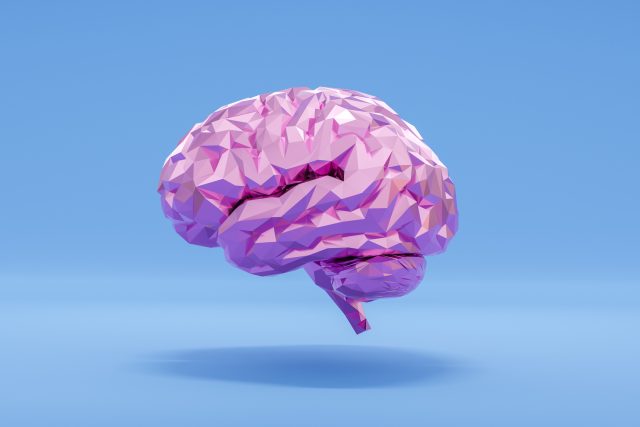Sleeping more flushes junk out of the brain

🌈 Abstract
The article discusses how neurons remain active during sleep and how this activity helps the brain clear out metabolic waste and debris that accumulates during waking hours. It explains the role of the glymphatic system in this process and how neuronal activity powers the system to flush out the brain's "trash".
🙋 Q&A
[01] Sleep and Neuronal Activity
1. What is the relationship between sleep and neuronal activity?
- Neurons remain active during sleep, and this activity helps the brain clear out metabolic waste and debris that accumulates during waking hours.
- The brain takes advantage of the sleep period to "recharge" and get rid of the junk that built up while the brain was awake and active.
2. How does neuronal activity power the brain's "self-cleaning" process?
- During sleep, neurons use rhythmic brain waves to help move cerebrospinal fluid through brain tissue, carrying out metabolic waste in the process.
- The neuronal activity induces corresponding waves of current in the cerebrospinal fluid, which then flows through the outer layer of tissue between the brain and skull, flushing out the accumulated debris.
3. What happens when neuronal activity is reduced or eliminated during sleep?
- When the researchers genetically engineered mice to have reduced neuronal activity during sleep, the long, slow brain waves disappeared, and the cerebrospinal fluid was no longer pushed to carry out the metabolic waste.
- This showed that active neurons are essential for the brain's self-cleaning cycle to work properly.
[02] Glymphatic System and Waste Removal
1. What is the glymphatic system and how does it work?
- The glymphatic system is the brain's mechanism for disposing of its metabolic waste and debris.
- It carries cerebrospinal fluid through channels located near blood vessels to flush out the accumulated waste from the brain's functional tissue.
2. How did the researchers investigate the role of the glymphatic system?
- The researchers performed experiments on mice, inserting probes into their brains and monitoring the neuronal activity and cerebrospinal fluid movement.
- They found that the neuronal activity during sleep induced waves in the cerebrospinal fluid, which then flowed through the outer layer of the brain to carry out the waste.
3. What did the researchers discover about the factors that influence the glymphatic system's effectiveness?
- The researchers found that the type of anesthetic used can interfere with the results, as anesthetics that inhibit neural activity can disrupt the glymphatic system's functioning.
- They also found that older, more invasive methods of monitoring the brain can cause injuries that disrupt the neurons and impair the glymphatic system.